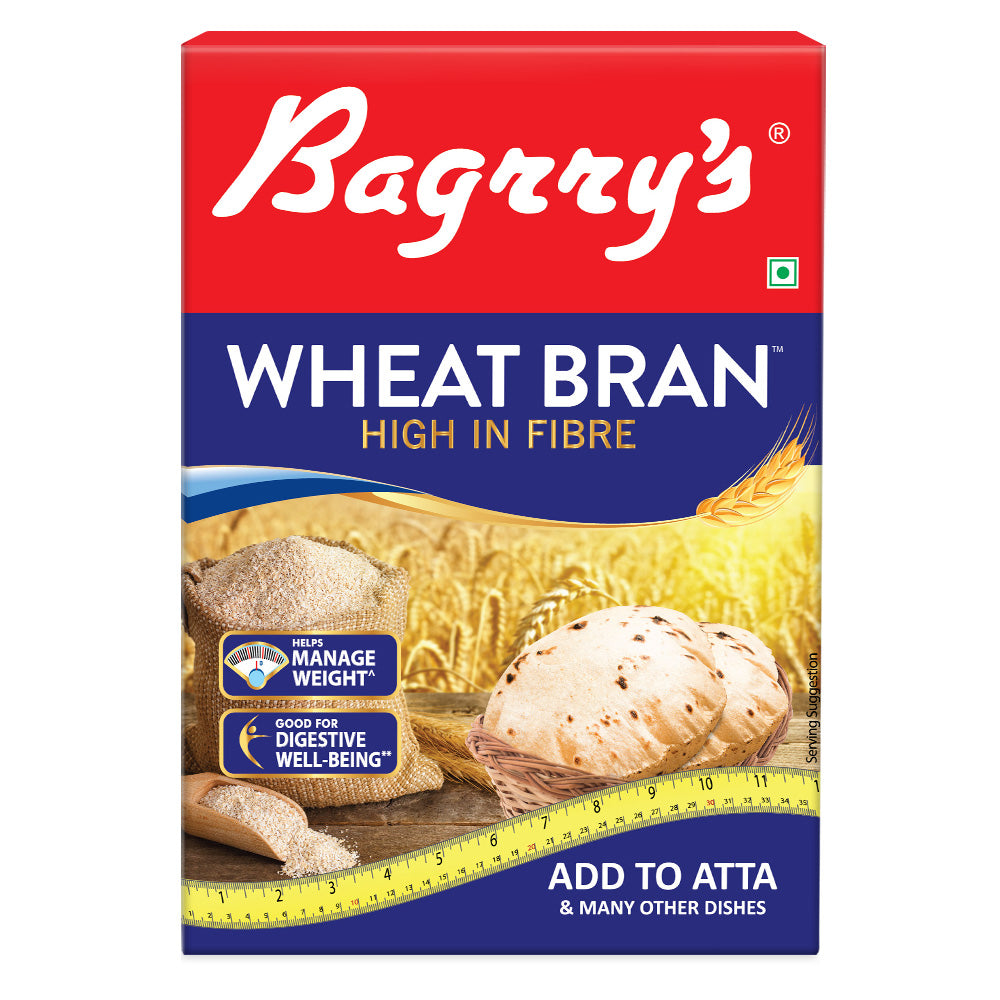In today's fast-paced culture, where productivity often takes precedence over rest, it is easy to overlook the importance of sleep. However, on World Sleep Day, it is necessary to note that sleep is more than just a luxury; it is an essential aspect of health and wellbeing.
Why Sleep Matters? Sleep affects almost every part of our life, impacting both physical and mental health. Adequate sleep is necessary for:
- Cognitive Function: Sleep is essential for learning, consolidating memories, and cognitive function. During sleep, the brain integrates and consolidates knowledge from the day, resulting in increased attention, concentration, and problem-solving abilities.
- Physical Health: Getting adequate sleep is necessary for the body's repair and regeneration processes. During sleep, tissues and muscles undergo regeneration and the immune system improves, aiding in the defense against disease and infection. Chronic sleep deprivation has been related to an increased risk of a variety of health problems, including obesity, diabetes, heart disease, and impaired immunological function.
- Emotional Well-Being: Sleep serves as essential for mood regulation and emotional stability. Adequate sleep regulates neurotransmitters and hormones that affect mood, stress, and emotional resilience. Chronic sleep deprivation has been linked to an increased risk of mood disorders, including bewilderment and anxiousness.
According to sleepfoundation.org, here is recommended sleep duration for different age groups:
|
Age
|
Best Sleeping Hours
|
|
Between 0 and 3 months
|
Up to 17 hours
|
|
Between 4 and 12 months
|
Up to 15 hours
|
|
Between 13 and 25 months
|
Up to 14 hours
|
|
Between 3 to 5 years
|
Up to 13 hours
|
|
Between 6 to 13 years
|
Up to 11 hours
|
|
Between 14 to 17 years
|
Up to 9 hours
|
| Between 18 to 25 years | Up to 8 hours |
| Between 26 to 65 Years | Up to 8 hours |
| 66 Years and above | Up to 7 hours |
Some foods and beverages that promote good sleep include:
- Tryptophan-Rich Foods: Tryptophan is an amino acid precursor to the neurotransmitter’s serotonin and melatonin, which regulate sleep. Foods high in tryptophan include turkey, poultry, eggs, dairy products, almonds, seeds, and legumes.
- Multi carbohydrates: Consumption of carbs such as whole grains, fruits, and vegetables might help induce sleep by raising serotonin levels in the brain. Choose whole grains like oats, quinoa, brown rice, and barley, which give long-lasting energy and induce relaxation.
- Magnesium-Rich Foods: Magnesium is a mineral that regulates neurotransmitters and muscle relaxation, making it effective for improving sleep. Magnesium-rich foods include green leafy vegetables, nuts, seeds, whole grains, and legumes.
- Herbal Teas: Chamomile, valerian root, and lavender are recognized for their calming and relaxing characteristics, making them great drinks to drink before bedtime.
- Avoid Stimulants: Minimizing coffee, alcohol, and hefty meals before dawn might help you sleep greater. These chemicals can interrupt sleep cycles and impair the body's ability to fall and remain asleep.
Let us prioritize the importance of sleep as a cornerstone of health and well-being. By adopting healthy sleep habits, including adequate sleep duration, and healthy foods into our diet, we can enhance sleep quality, improve overall health, and embrace a more vibrant and fulfilling life.









